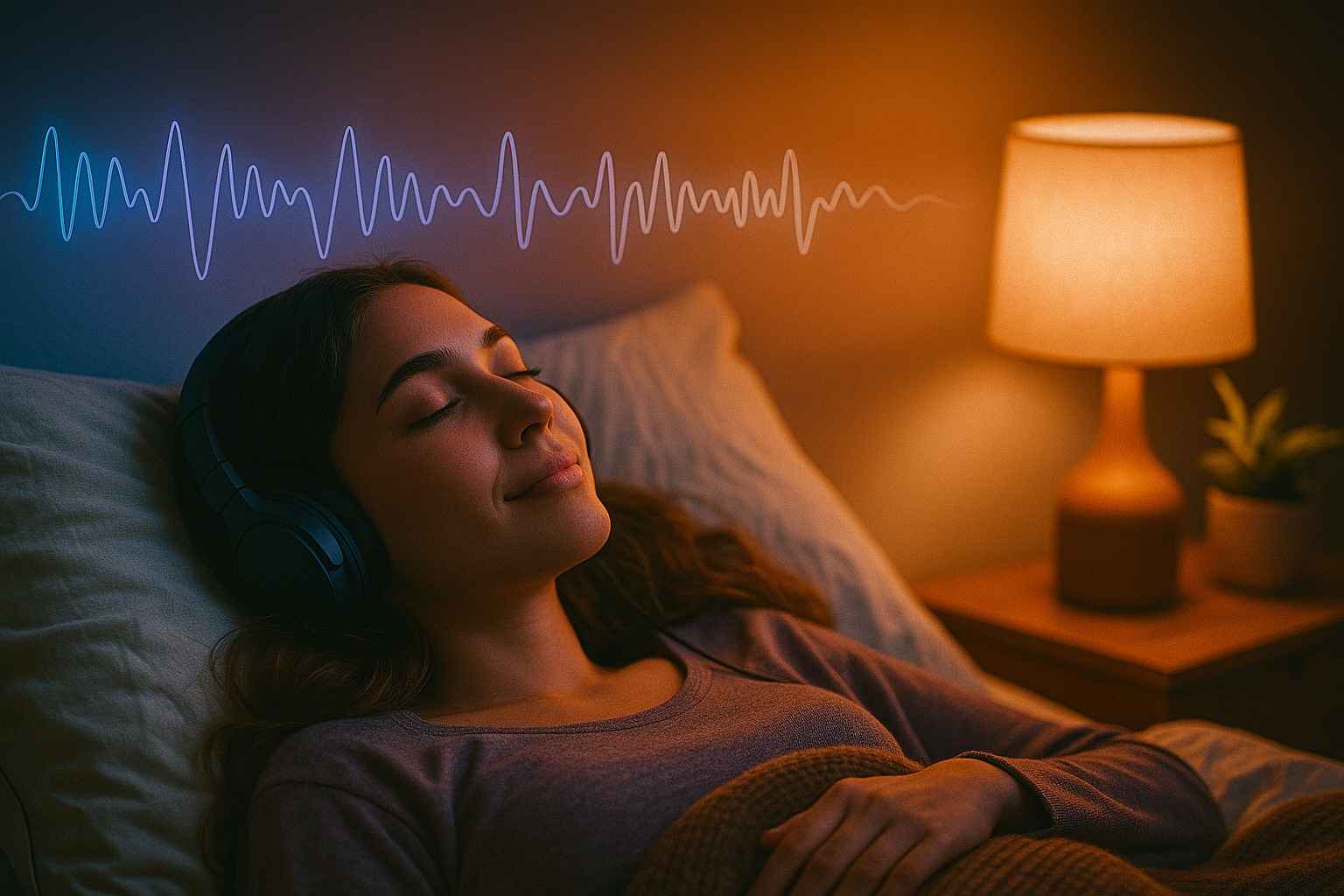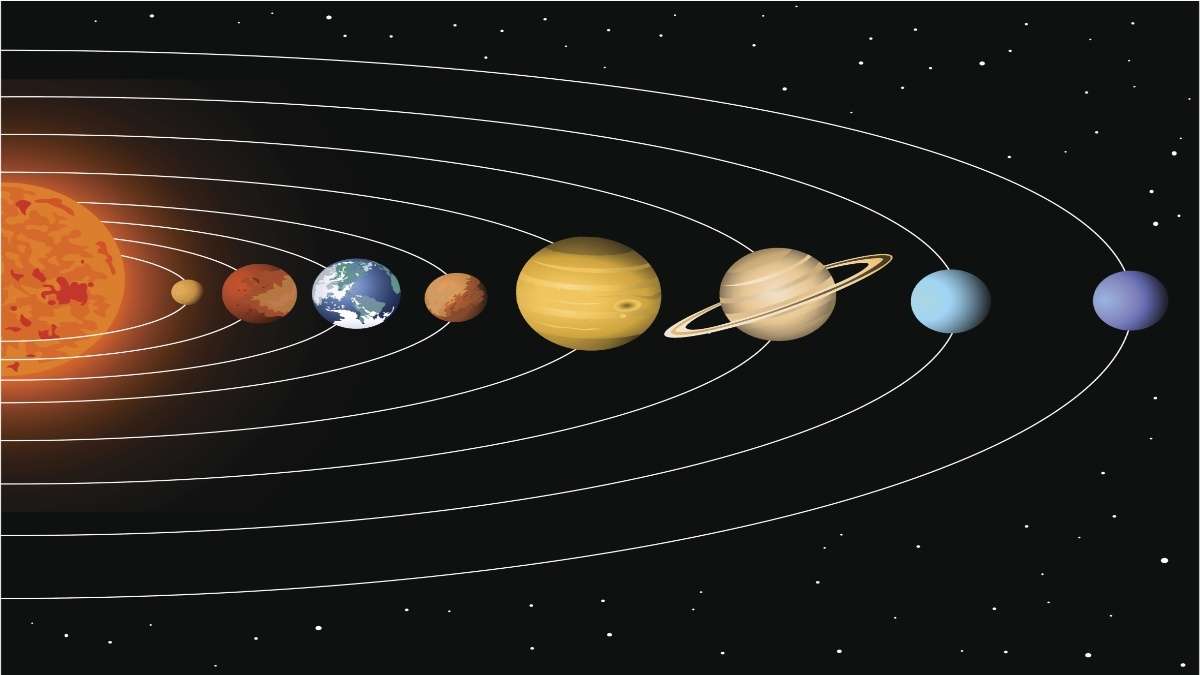In today’s busy, always-online world, many people struggle to sleep well. One surprising solution that’s gaining popularity? Sleep music.
This isn’t just soft background noise—it’s specially designed sound that helps your brain and body relax. And it’s rooted in both science and centuries-old traditions.
What Is Sleep Music?
Sleep music is a mix of calm sounds—like slow piano notes, ocean waves, or gentle humming—designed to help you fall asleep. Some types even use binaural beats, where slightly different sounds are played in each ear. This helps your brain enter a relaxed state, ready for deep sleep.
Research shows that listening to calming music before bed can:
- Lower stress levels
- Slow your heart rate
- Help you fall asleep faster
- Improve sleep quality
How Cultures Have Used Sleep Sounds for Centuries
Music for sleep isn’t new. Many cultures have long traditions of using sound to calm the mind.
- In Japan, gentle lullabies called Komoriuta are sung to children.
- In some Indigenous cultures, slow drumming and soft chanting are used in healing and rest rituals.
- In Africa, mothers often sing rhythmic songs to their babies during bedtime.
Nature sounds—like rain, wind, or birds—are also part of these traditions. Today, many people use them in playlists to feel calm and safe.
How Technology Has Changed Sleep Music
Now, with apps like Calm, Headspace, or Spotify, you can stream sleep music anytime. Some music is even designed using AI that responds to your breathing or heart rate in real time.
You can choose from:
- Soft piano or guitar melodies
- Ambient electronic music
- White noise or pink noise
- Nature sounds like ocean waves or rain
There are even entire albums created just for lucid dreaming (when you become aware you’re dreaming and can control it!).
Can Music Affect Dreams?
Yes, it might. Some researchers believe that sleep music can influence the mood and tone of your dreams. You may have:
- Calmer dreams
- More vivid images
- A higher chance of entering REM sleep or lucid dreaming
Though more research is needed, many people say sleep music gives them more restful sleep and better dream experiences.
Final Thoughts
Sleep music blends science, culture, and emotion. It helps people relax, fall asleep faster, and sometimes even dream better.
Whether it’s a traditional lullaby or a modern soundscape created by an app, sleep music is becoming a gentle but powerful part of modern wellness routines.



